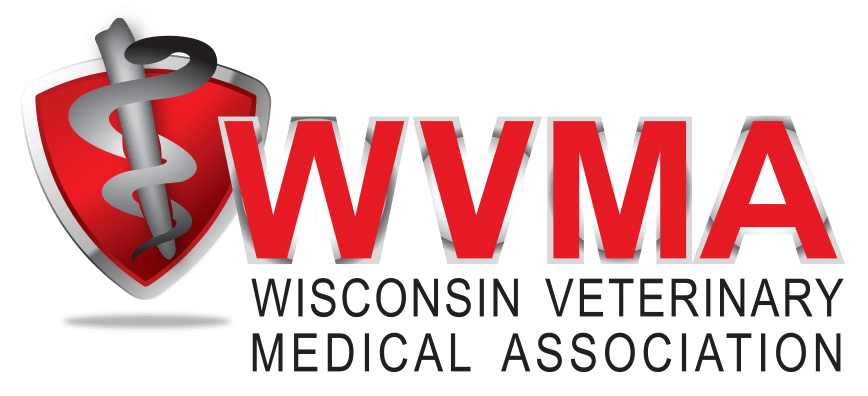By the Wisconsin Department of Agriculture, Trade and Consumer Protection Division of Animal Health
Highly pathogenic avian influenza (HPAI) continues to pose a threat to the poultry industry globally. Outbreaks have been found in wild and domestic poultry internationally, nationally and in March, within Wisconsin.
On March 14, the Wisconsin Department of Agriculture, Trade and Consumer Protection (DATCP) announced a confirmed case of HPAI in a commercial poultry flock in Jefferson County. DATCP depopulated the farm, monitoring poultry premises within a 10-mile radius and banning the movement of poultry in Jefferson County through May 31. This is Wisconsin’s first confirmed case since 2015. HPAI outbreaks have also occurred in dozens of other states. HPAI had previously not been found in the U.S. since 2020.
According to the U.S. Centers for Disease Control and Prevention, HPAI does not present an immediate public health concern and no human cases of avian influenza have been found in the United States. HPAI also does not pose a food safety risk.
How Veterinarians Can Help
Veterinarians are encouraged to reach out to clients with backyard flocks to warn of the serious threat HPAI poses to their birds and to urge clients to do their part to keep the disease from spreading.
“I strongly encourage producers to sanitize equipment used around birds, protect your birds from contact with wild birds and restrict access to your property,” says Dr. Darlene Konkle, State Veterinarian, DATCP. “Owners should also ensure feed and water cannot be contaminated by wild birds, such as wild ducks and geese.”
Please report any high increase in mortality or abnormal clinical signs to DATCP at (800) 572-8981.
To learn more about HPAI, go to:
• DATCP Avian Influenza Page: Includes a biosecurity self-assessment, prevention tips and other information about the disease
• United States Department of Agriculture Defend the Flock Program: Contains biosecurity information and videos to learn about protecting your flock
• DATCP Avian Influenza Resource Center: Contains fact sheets and brochures to learn about food safety, protecting your pets and biosecurity
